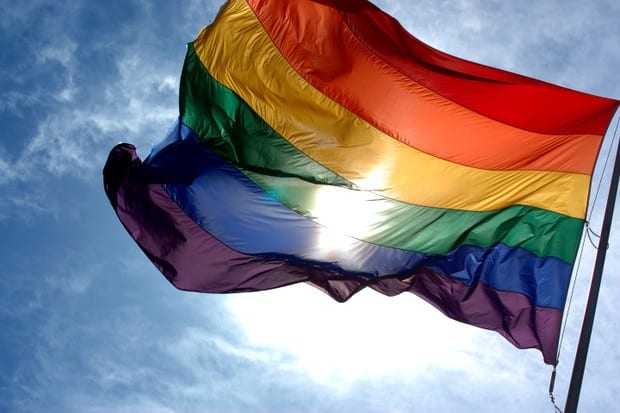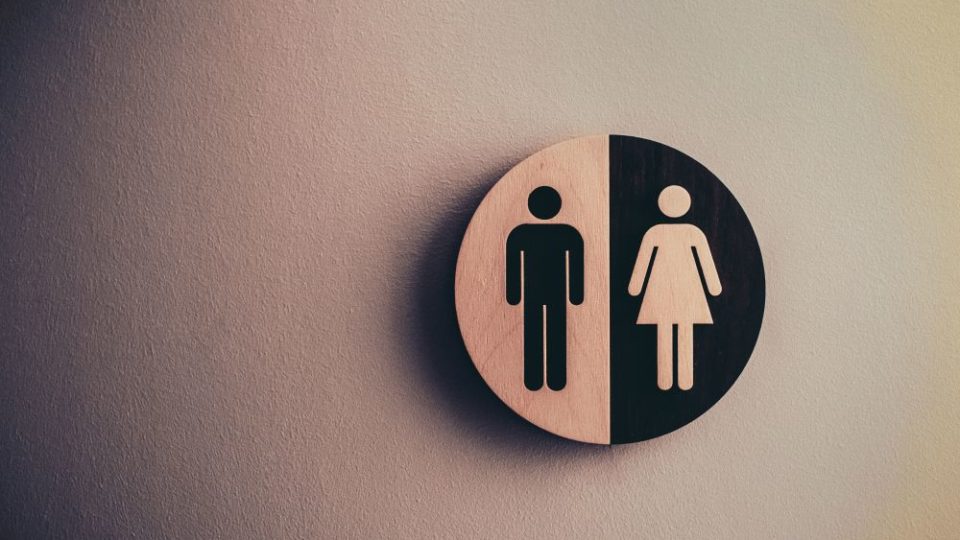The unisex bathroom controversy resurfaced after a video of a woman criticizing and outraged by a location in a McDonald’s franchise.
Just this week, a video went viral that left many internet users confused, generating controversy and even outrage. The reason? A unisex bathroom. In the video, a woman films the unisex bathrooms of a McDonald’s franchise unit, in Bauru, São Paulo. In the recording, the person responsible says that such bathrooms are “filthy” and “absurd”. Unidentified, the woman also states that “she doesn’t want to use the bathroom with men and women, where everyone uses the same bathroom”. The place, however, is for individual use.
It’s not even the first time that bathrooms that don’t have gender marking have generated controversy, and not just in Brazil. In the United Kingdom, for example, authorities want to ban such places in schools, and in Brazil, proposals for unisex bathrooms in public places even exist. However, they are all stuck in legislative houses.
Understanding the importance of unisex bathrooms is understanding the importance of the comfort and safety of marginalized people, as a tool for inclusion. According to lawyer Amanda Baliza, president of the OAB-GO Sexual and Gender Diversity Commission, the case is about identity.
Even if there is an understanding that transgender people have the right to use the bathroom according to their gender identity, this is not what happens. In this sense, many do not feel comfortable using the women’s or men’s bathroom, and unisex would be a way to include everyone.
The unisex bathroom controversy

A simple tool like a bathroom can be extremely discriminatory for many in Brazil. The first case of conviction for transphobia in the country, for example, is related to this. The Federal Supreme Court understood transphobia as a crime in 2019, after a transgender woman was expelled from a bathroom in a shopping mall in Maceió. Likewise, actress Gabriela Loran confesses to having gone through the same situation, still at the beginning of her transition.
According to lawyer Luanda Pires, it is not uncommon for trans and non-binary people to spend hours holding their pee, just to avoid going to the bathroom and suffering discrimination. Furthermore, the situation can generate several health problems. Singer Linn da Quebrada, in 2019, confessed to having gone through this more than once. The cases are not isolated. Many reports in court cases show situations of trans women victims of violence and abuse forced to use the men’s bathroom. Many companies have already been condemned for expelling trans people from bathrooms.
Luanda also comments on how there is a belief that LGBTQIA+ people are potential sexual aggressors, something completely unfounded. For this reason, trans women in a women’s bathroom could make cisgender women feel insecure. But this concept is only based on LGBTphobia, and it doesn’t even make sense. After all, most sexual crimes against women and children occur in domestic settings, not in public places.

For the lawyer, as time passes, more and more unisex bathrooms should appear. “Companies are realizing that an inclusive environment that welcomes diversity is a positive thing not only for employees, but also for the public.”

Sign up for our newsletter and stay up to date with exclusive news
that can transform your routine!
Warning: Undefined array key "title" in /home/storelat/public_html/wp-content/plugins/link-whisper-premium/templates/frontend/related-posts.php on line 12
Warning: Undefined array key "title_tag" in /home/storelat/public_html/wp-content/plugins/link-whisper-premium/templates/frontend/related-posts.php on line 13




